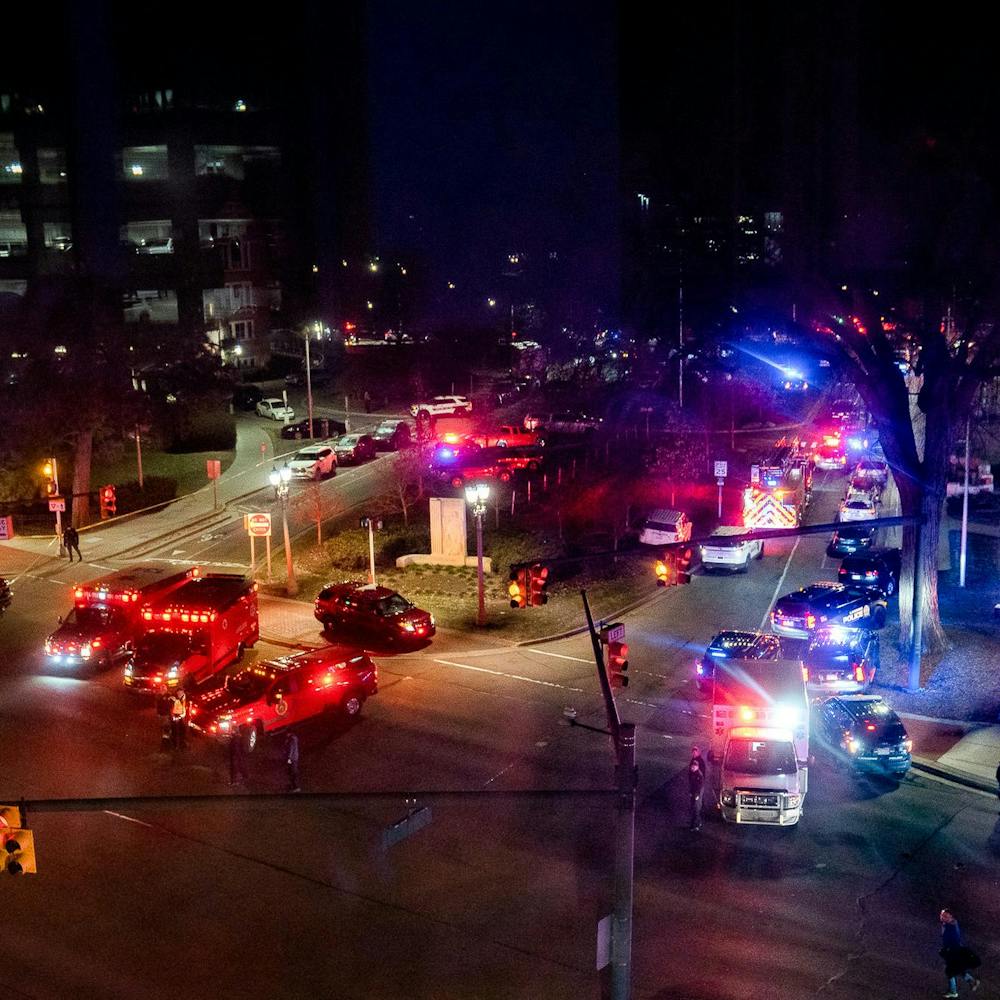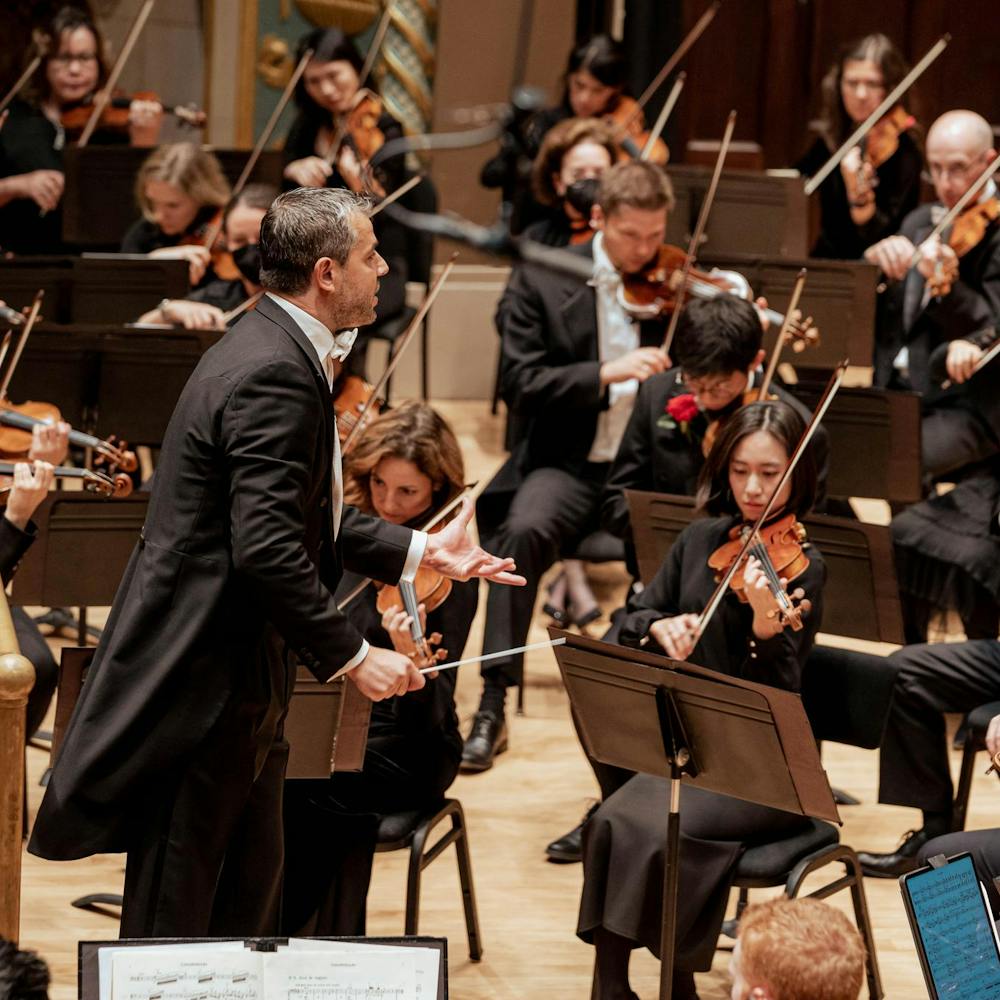Living alone in her Yakeley Hall dorm room, Lindsay Kroon knows she can just go to her room and close the door when she is fed up with her neighbors.
For her, that solution will work, but for many residents living off campus or with roommates in the dorms, the problems don’t go away so easily. That’s why East Lansing’s Community Relations Coalition has begun the Dispute Resolution Program - to solve those problems before they resort to violence or are turned over to law enforcement.
“It’s a good idea for the rest of the community,” the psychology junior said. “Having a third party involved that’s neutral and objective to listen can help settle complaints.”
But roommate disagreements are only the beginning of the list of issues the mediators are trained to handle. They also tackle landlord/tenant conflicts, neighborhood conflicts, property-damage disputes, noise problems and business-related disputes.
The Community Relations Coalition, created following the March 27-28, 1999 riots, helps build better relationships between the permanent residents of East Lansing and their student neighbors.
“The whole cornerstone of the Community Relations Coalition is to help foster better relations between all people who live in East Lansing and the idea of a mediation program grew out of that,” Carolyn Stieber, a Community Relations Coalition member and former MSU ombudsman, said. “I’m not sure when the lightbulb on this idea went on, but it speaks to the very nature of what we’re trying to do because in order to foster these relations we have to provide a means to maintain them.”
The mediation program is free to residents and while it does not affect any law enforcement functions already underway, nearly 95 percent of disputes that go to mediation are resolved, according to the coalition.
Human resources senior Melissa Denhard was pleased to hear of the resolution program’s existence and said she wished her neighbors would have used it instead of calling the police. She and her roommates received a noise violation at their East Lansing apartment after a neighbor called the police for their loud stereo at 10:30 on a Friday night.
“I think neighbors are afraid to come to one another and handle the issue alone,” she said. “It’s a good idea for people to resolve issues themselves instead of wasting the time of people like police officers. Handling it ourselves would be more effective.”
Stieber and 11 other prospective mediators participated in a two week, 40-hour training program, but they must complete an additional 20 hours of supervised case handling before they are fully certified - something Stieber will complete in the future.
“It’s too early in the program for there to be a ground swell, but we hope there will be a steady demand,” Stieber said. “School has just started and the world has shifted on its axis in the past few weeks (following the terrorist attacks Sept. 11), so maybe neighbors who would usually be inclined to yell at each other aren’t doing so right now.”
To contact the coalition’s Dispute Resolution Program call (517)485-2274 or their Web site at www.wealllivehere.org.





